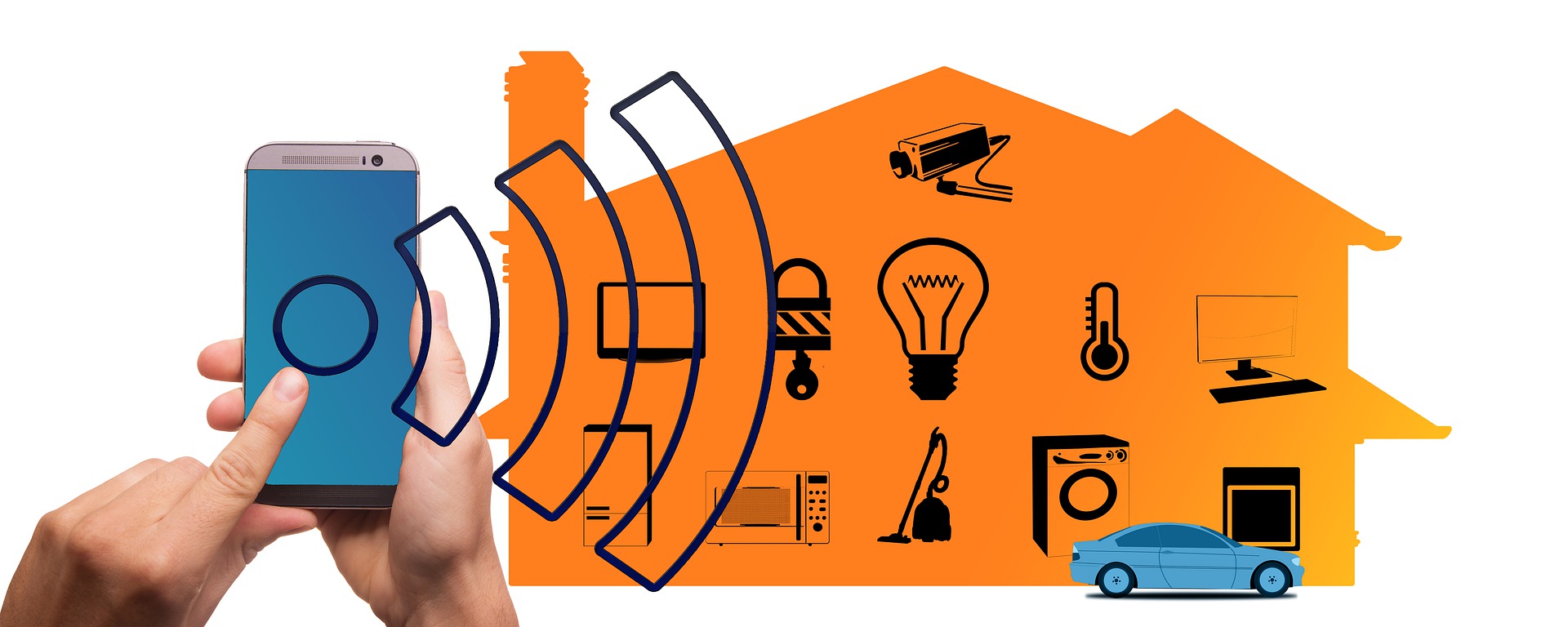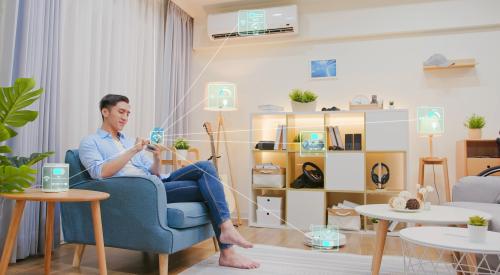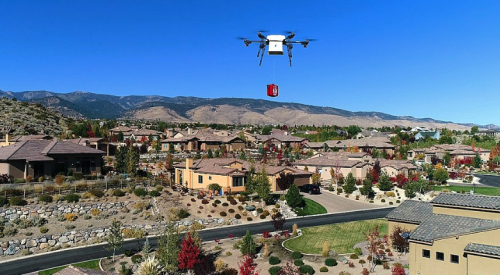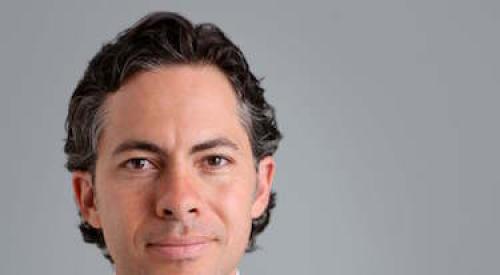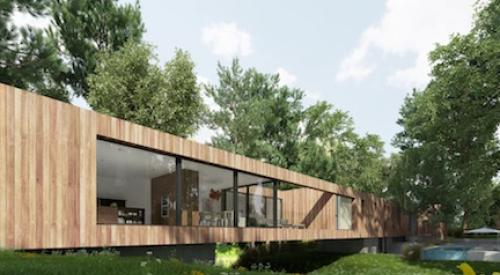Andrew Weinreich is bullish on smart-home technology and its potential for making our lives easier. His podcast series, “Predicting Our Future: The Future of the Smart Home,” explores “current industries that are ripe for massive disruption.” Weinreich has spoken with educators, manufacturers, developers, and retail giants like Walmart and Amazon about their visions for the Smart Home, and it’s great listening.
DI sat down with Weinreich recently to discuss home technology and the potential of building systems to disrupt the housing industry. Click here to listen to the podcasts.
[DI]
How do you describe yourself—as a social entrepreneur?
[ANDREW WEINREICH]
I’m a serial entrepreneur. The first company I started was called Six Degrees, and it was probably the first online social network. We launched it in 1997 (Facebook was launched in 2004). Six Degrees raised more than $25 million and 100,000 plus followers. The intellectual content is now part of the Microsoft portfolio.
[DI]
Do you sense big changes ahead for the housing industry, driven by technology in both homes and the way they’re produced?
[WEINREICH]
We’re on the cusp of something really, really different happening. Now we’re talking about how to move from homes as something people take care of to homes that take care of people. Imagine a world where the house is attuned to all of your needs.
For example, you don’t need an alarm to wake you up in the morning because there are sensors in the ceiling that are tied into your Google calendar and “knows” that you have a spin class scheduled. Through artificial intelligence, the home calculates how long it will take you to get ready and the travel time to the class. And imagine coming downstairs and finding that your breakfast is being prepared for you.
[DI]
So you envision an even more integrated experience?
[WEINREICH]
Yes, one that is so sophisticated that it adjusts the lights and temperature in a room based on my persona.
[DI]
Where is the biggest potential for smart-home technology?
[WEINREICH]
The biggest potential for savings is in the area of energy usage. And it’s not just how much energy [the homeowner] is using. What if your appliances could tell you when they need service?
[DI]
Would you care to make some predictions about home technology in the next 10 years?
[WEINREICH]
Today, standalone apps such as smart speakers are integrated with voice-command devices like the Amazon Echo. In less than five years, there will be integrated solutions for existing homes as well as new homes. In a slightly longer time frame you’ll see amazing integration for new construction. And once all of the products are integrated, a whole new world will open up.
[DI]
Before we wrap up, I have a quick question about building systems, or factory-built housing. Do you think home builders will ever totally embrace it?
[WEINREICH]
A sea change will have to take place within the industry before home builders will realize the full potential of building systems. It’s going to take a new player, like a Tesla, for builders to embrace that technology more fully. Right now the process is very un-integrated: a developer invests in an urban infill site and contracts with an entity that delivers the building.
I think we’ll see the most radical building-systems innovation with multifamily housing rather than single family.
